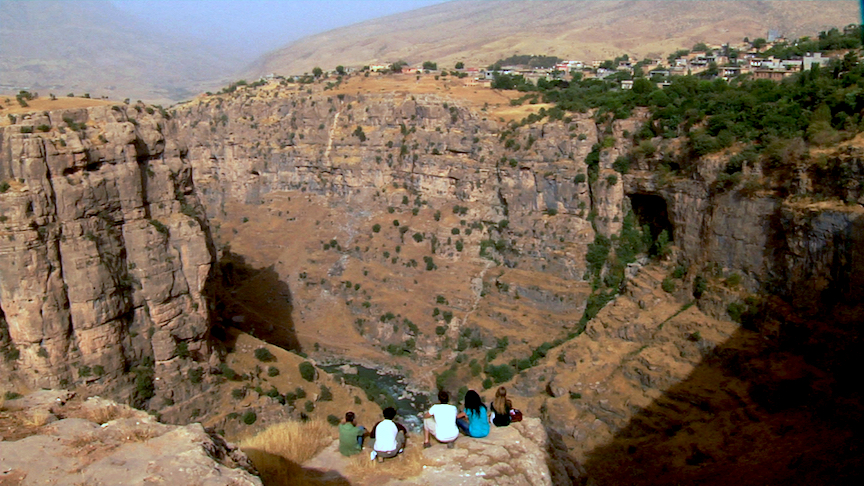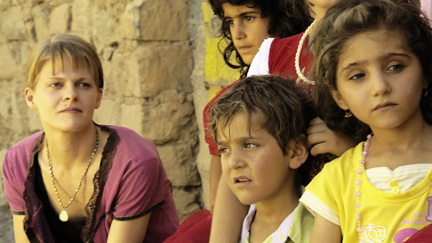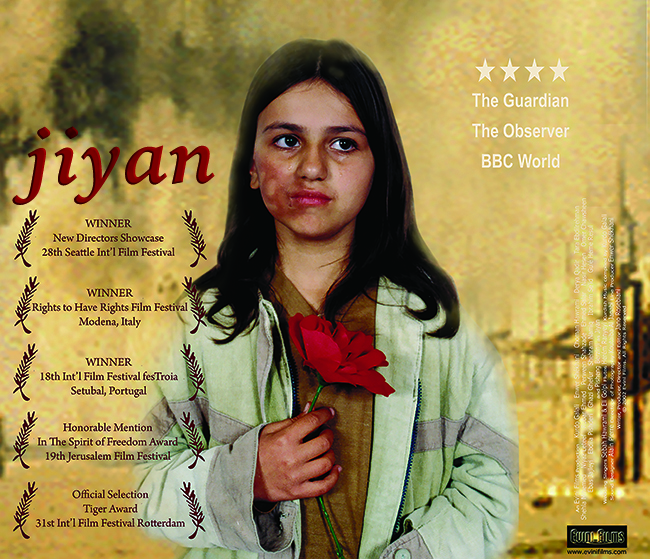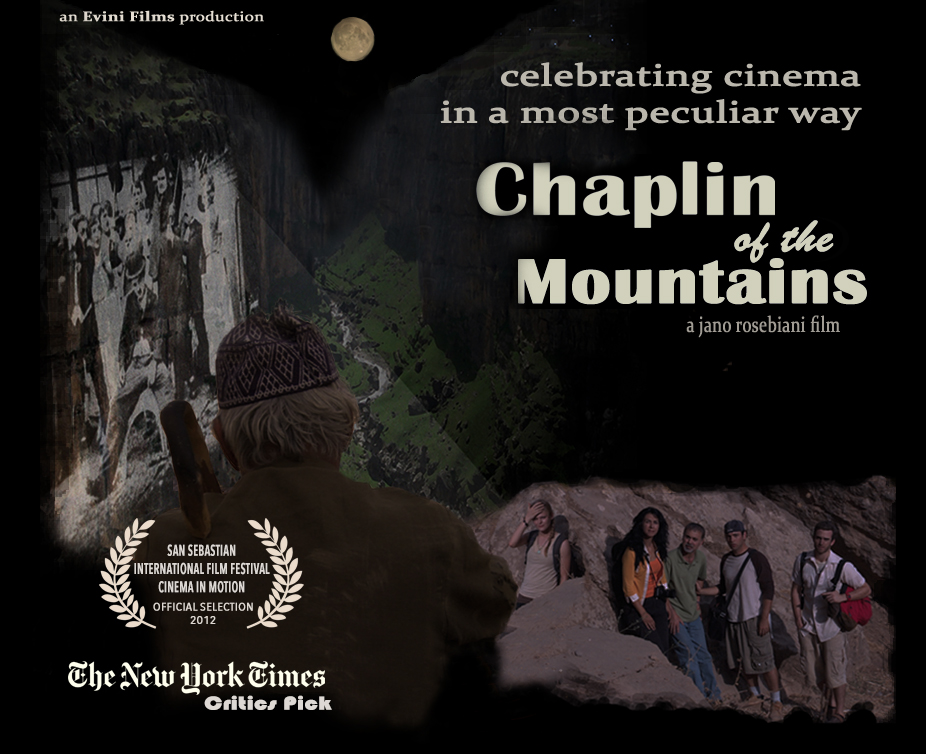
The Kurdistan Film Commission is up and going after numerous years of trotting the region’s administrative corridors to make this a reality. For quite some time I have been proposing the establishment of a film commission office to promote Kurdistan as a filming location for Hollywood and European producers. As a place of captivating landscapes, a warm welcoming people, a fascinating history, and far greater freedoms and security relative to the wider Middle East, Kurdistan has untold potential as a filming location. The commission will further help empower Kurdish cinema domestically by having local talent work with Hollywood crews. Such hands-on work with the pros is equivalent to years of academia in the field.
Establishing a film commission in the Region will allow this potential to be realized, leading the way to implementation of co-production treaties between the Kurdistan Regional Government (KRG) and other countries, without which Hollywood and European producers will be hard-pressed in bringing their productions over.
There are inevitably a handful of films in connection with the war on and defeat of the Islamic State terror group (ISIS) by the United States led international coalition and with the Kurdish Peshmerga forces as the boats on the ground. It all began in 2014 when ISIS (or ISIL) invaded vast regions of Iraq and Syria, wreaking havoc and destruction of monumental proportion, not to mention the genocidal crimes especially against the Yazidi Kurdish population. And the set-up is ripe for a “The Good, The Bad, and The Ugly” trope – the basis for many a classic Hollywood blockbuster.

In terms of logistics, Kurdistan has a wealth of real-life resources to offer – the participation of the Peshmerga and internally displaced persons (IDPs); the backdrop of real IDP camps; towns and cities destroyed by ISIS; direct flights from all over the world; Western-standard amenities; and most importantly, Kurdish cross-sector alliance with the USA and other Western countries that ensure a warm reception; lastly, the safety and security factor in the region that is oceans apart in comparison to some of the troubled neighboring countries.
However, filming in Kurdistan can and ought to extend beyond Hollywood mega-productions centering on ISIS and war-oriented plots. Kurdistan is home to one of the world’s oldest civilizations and an incubator of great many archaeological sites, with some remains dating back to the Neanderthal times of more than 40,000 years ago.
Kurdistan’s natural beauty knows no bounds, especially in the spring – snow-capped mountains, lush valleys, stunning waterfalls formed by melting snow flowing into an abundance of rivers and tributaries, rolling hills, and plains emblazoned with blossom in every color imaginable. Added to this is the uniquely golden light of a Kurdistan sun, revered by its people since ancient times and depicted in everything from their national flag to the shape of Yezidi temples. In this regard, film director Sergie Bodrov (Mongol, Seventh Son) hailed Kurdish daylight as “a cinematographer’s treasured find” during his visit to Iraqi Kurdistan with a Hollywood delegation over a decade ago.

While I was filming Jiyan in 2001, the regions first long format film and the first to be endorsed by the region’s administration, facilities and film gear, especially lighting equipment, were scarce in the Region. Relying solely on sunlight, the film was imbued with a natural golden tint that fills the frame with warmth. This natural beauty makes Kurdistan a fertile film set. Wherever the camera is directed, the captured image is as fresh and as captivating as a morning breeze.
In a piece I wrote some years ago I predicted that video game developers would soon capitalize on Kurdish heroines defending the civilized world. Lo and behold, an installment of the blockbuster game “Call of Duty: Modern Warfare”, developed by Infinity Ward, did just that. Although Campaign Director Jacob Minkoff acknowledged in a Washington Post interview the inspiration taken from Kurdish women YPJ fighters who fought ISIS in Syria and Iraq, the game makes no reference to Kurds. It is instead set in Urzbekistan, an apparent amalgamation of various Muslim-majority countries. This kind of misrepresentation would be far less probable if a Kurd had been on Infinity Wards’ advisory board.
Additionally, a few films that have already been produced with storylines set in the region have undermined the Kurdish role in the fight and defeat of the terror groups. Lessons from this can be learned in the continued nurturing of a Kurdish film industry, and an accurate representation can be ensured by the Kurdish Film Commission office. Kurdish experts in the fields of history, culture, and politics ought to be hired as advisors on the sets, ensuring that Kurds and their prominent role in fighting on behalf of the civilized world is presented accurately .
The film commission office is set to facilitate foreign and homegrown productions and co-productions and will thrive to empower the region as a location option and will serve as advisor on the sets to assure realistic presentations, be it present-day tales of war, the striking landscape with its canyons, mountains, brooks, and waterfalls, or the rich age-old culture and historical epics.
Lastly, I took a shot at showing the beauty of the land and the colorful culture of the Kurds and the amalgamation of the various ethnic groups living together in a harmonious countryside all depicted in my road movie ‘Chaplin of the Mountains".
